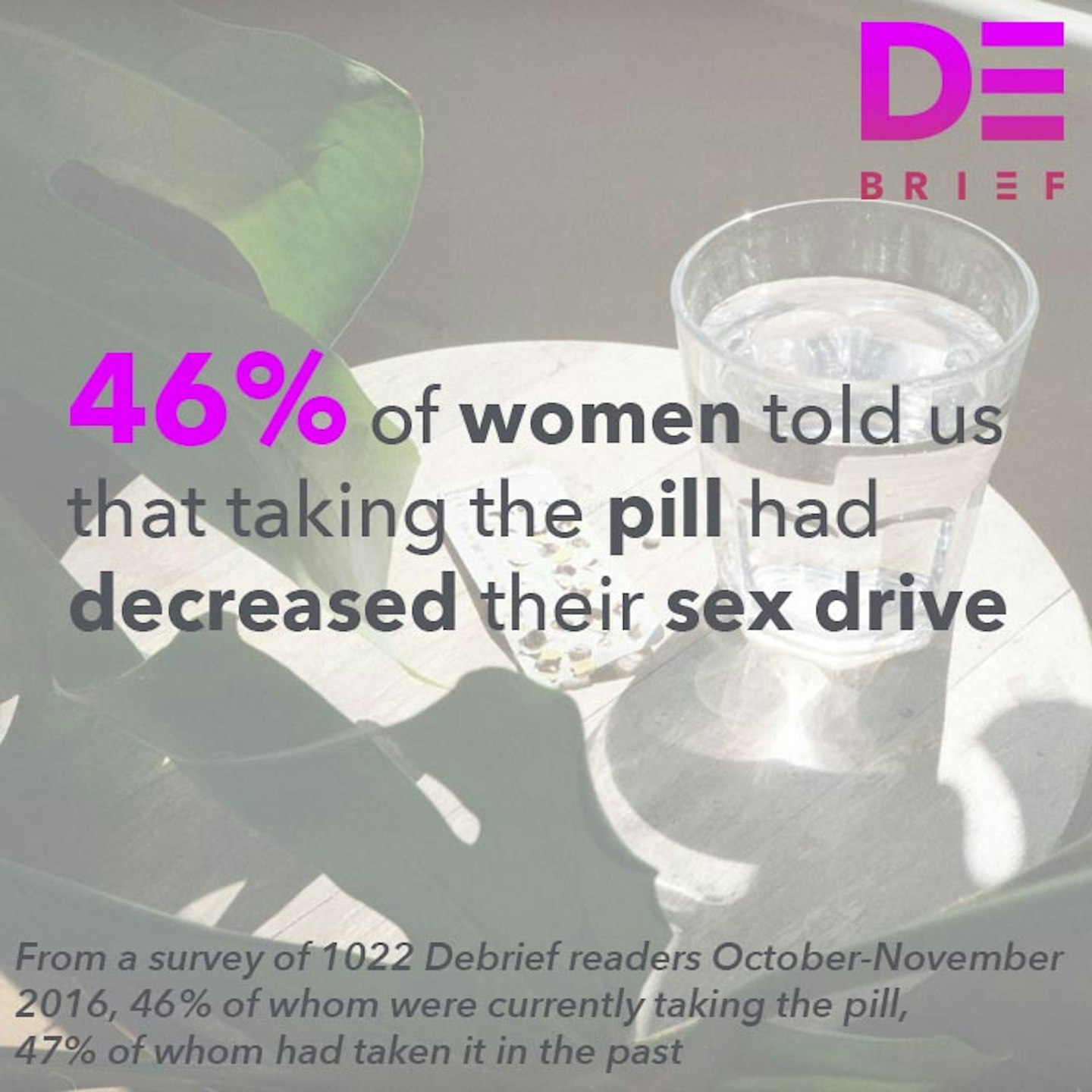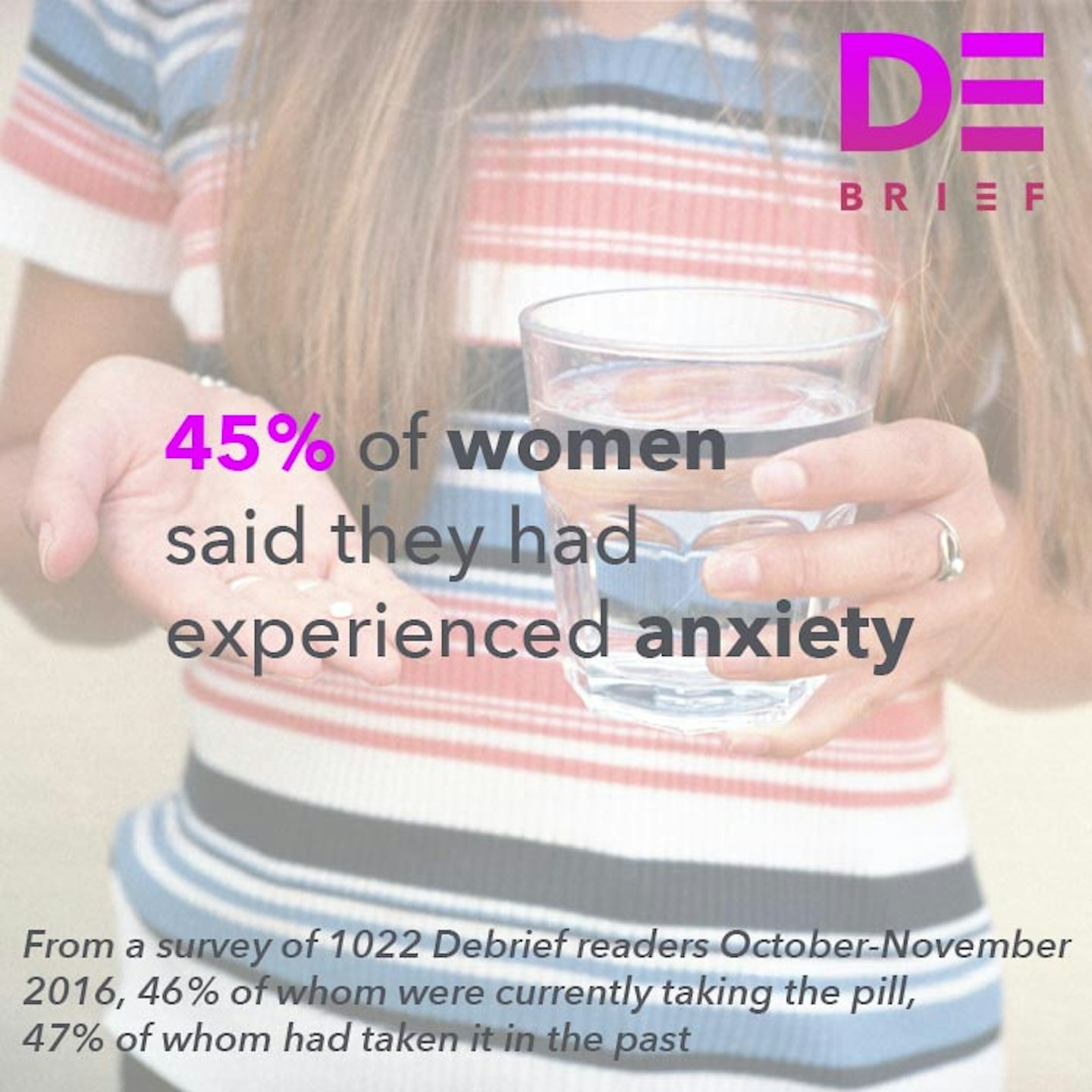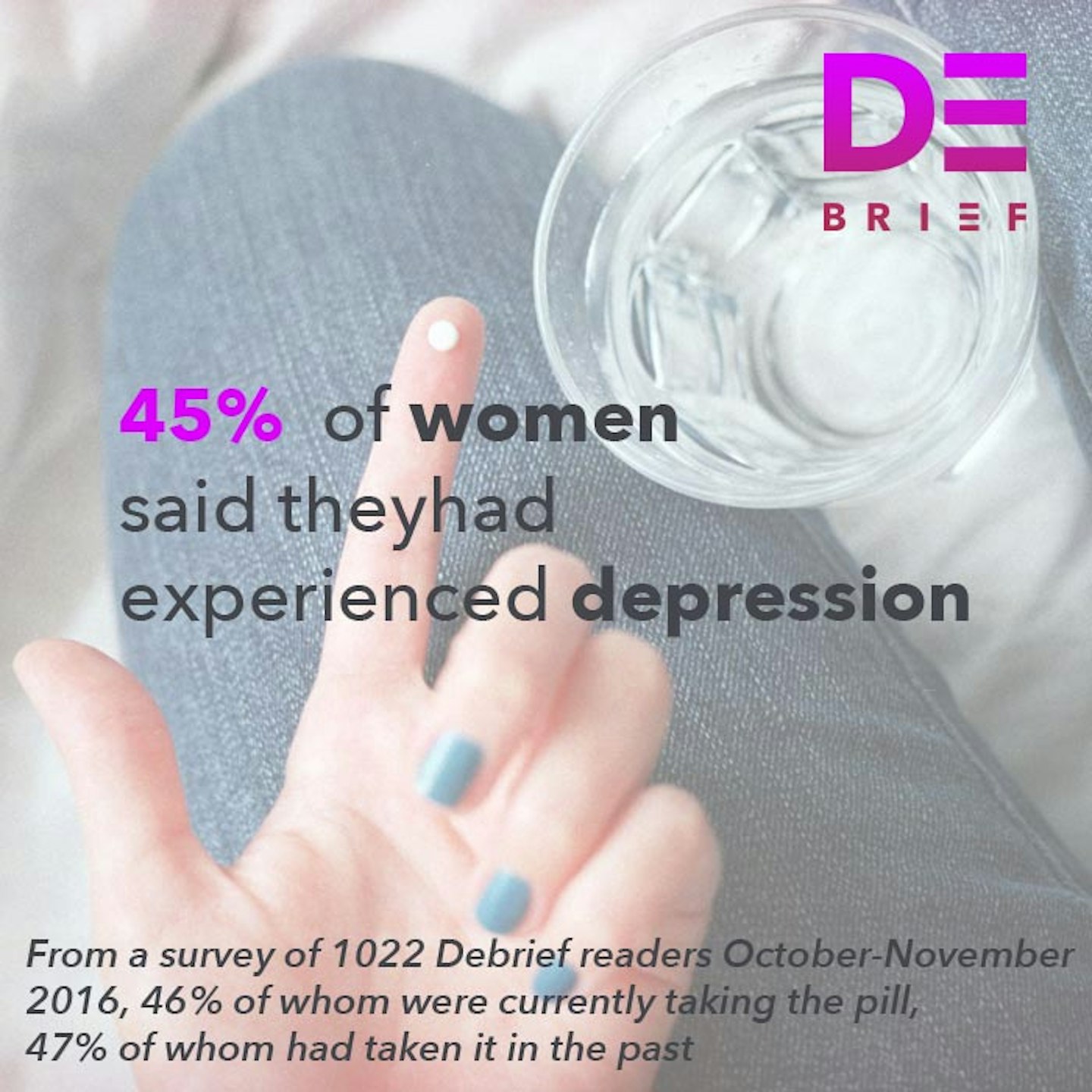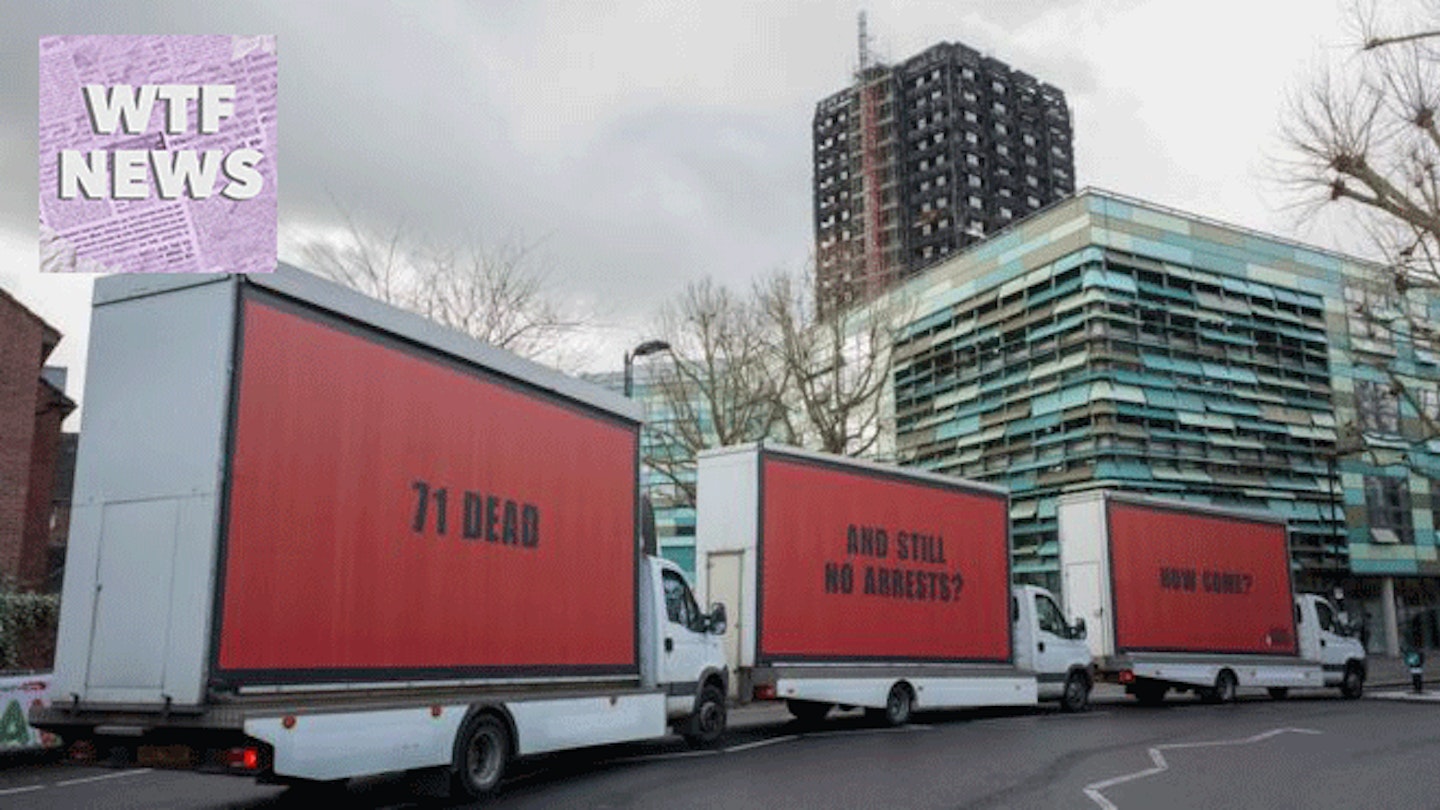This is your weekly instalment of WTF is going on because, these days, a lot can happen in a week…
What does it take to bring about change? When it comes to housing it seems even a large-scale tragedy isn’t enough.
This week, the various and interconnected guises of this country’s housing crisis have, as usual, dominated the news – from young people being priced out of home ownership to homelessness to the lingering injustice of Grenfell – the sheer scale of the crisis we face is there.
Today, The Telegraph reports that ‘Tories fear middle-class millennials priced out of housing market could sink party at next election’. The apparent realization that an entire generation who have no assets to conserve are never going to vote Conservative, comes after a report by the Institute for Fiscal Studies found that just one in four young middle-income families now owns their own home. This is down from two in three back in the 1990s.
People aged between 25 and 34 with after-tax incomes of between £22,200 and £30,000 had a one-in-four chance of being on the property ladder in 2015-16, the IFS found.
The report also said that average house prices were 152% higher in 2015-16 than they were 20 years earlier after adjusting for inflation, while real net family incomes for those aged 25-34 had increased by only 22% over the same period.
**READ MORE: The Debrief Investigates - Hormonal Contraception And Mental Health **
Debrief Mad About The Pill Stats
 1 of 9
1 of 9Debrief Mad About The Pill Stats
 2 of 9
2 of 9Debrief Mad About The Pill Stats
 3 of 9
3 of 9Debrief Mad About The Pill Stats
 4 of 9
4 of 9Debrief Mad About The Pill Stats
 5 of 9
5 of 9Debrief Mad About The Pill Stats
 6 of 9
6 of 9Debrief Mad About The Pill Stats
 7 of 9
7 of 9Debrief Mad About The Pill Stats
 8 of 9
8 of 9Debrief Mad About The Pill Stats
 9 of 9
9 of 9Debrief Mad About The Pill Stats
While this is hardly news to anyone currently shelling out most of what they earn month by month on rent, The Tories, it seems, have finally realised that the issue of home ownership is an ‘iceberg’ that could sink the Conservative Party when the next election comes around.
The iceberg metaphor is a bit tenuous, the housing crisis is hardly a hidden problem. Perhaps it’s more appropriate to talk about the deliberate myopia of politicians when it comes to housing, they have long been short-sighted and looked away from the obvious warning signs because, simply, they are too afraid to do what’s needed to solve the problem – radical house building, an overhaul of the laws which currently fail to protect tenants and privilege landlords and developers and, even, a serious reconsideration of how we think about land ownership and profit.
Successive governments have buried their heads in the sand, knowing full well that rents are rising faster than wages. As a result, the way we live has changed – living standards have been squeezed and we have slowly been becoming a nation of renters for whom traditional home ownership is a pipe dream.
It’s telling that right-leaning broadsheets like The Telegraph are now reporting on the housing crisis in the context of how it affects ‘young middle-class voters’. The right have finally realised that moaning millennials who are caught between a rock and their landlord are growing up and are increasingly unlikely to vote for them.
The housing crisis, however, shouldn’t just be a way of winning elections with targeted policies aimed at swing voters. In the same week that the IFS report was released, confirming what many of us already know because it is our everyday reality, the community campaign group Justice 4 Grenfell staged a protest.
It has now been almost exactly 8 months since the fire at Grenfell Tower claimed the lives of 71 people and affected many, many more. The burned out shell of the block still looms large in West London but progress on the investigation has been slow. Now that the story is no longer frontpage news, those affected feel that what happened is ‘out of sight, out of mind’ for the majority of people.
To highlight this Justice 4 Grenfell drew on the film Three Billboards and arranged for three vans to drive around London bearing the words: ‘71 dead’, ‘And Still No Arrests’, ‘How Come?’.
Speaking to The Debrief, Yevette Williams, one of the organisers behind Justice 4 Grenfell, said the response to the stunt had been really good’ and more than they were expecting. In particular, she said, ‘the reaction from younger generations – who use cultural references from film as a way to make sense of the world’ had been good. ‘I think what we did has made the issue accessible to a younger audience who maybe don’t read mainstream media’.
For Williams and her co-campaigners, theGrenfell billboards were a way of keeping the tragedy in the public consciousness. ‘We know that when the Government or big business is involved [in a tragedy] they will always try and downplay it’ Williams told The Debrief ‘look at Hillsborough…if ordinary people had been involved in this they would have been bought in for questioning a long time ago’. As Williams sees it, ‘if you’re an elected official or from big business then you’re treated differently’.
What do Justice 4 Grenfell want? ‘The main thing’ Williams said ‘is that we want permanent housing for survivors. It was promised but it hasn’t happened. We’ve still got people in hotels and temporary accommodcation. We want a prosecution. We want justice’.
In July of this year, the The Scotland Yard investigation into the Grenfell fire said there were ‘reasonable grounds’ to suspect the council and the organisation that managed the tower block of corporate manslaughter. This meant that both the Royal Borough of Kensington and Chelsea and the Kensington and Chelsea Tenant Management Organisation were under suspicion.
In December, when the public inquiry into the disaster opened, Jeremy Johnson QC, for the Metropolitan police, revealed that criminal offences of manslaughter, corporate manslaughter, misconduct in public office and breaches of fire safety legislation are being considered.
So far, no arrests have been made and the investigation is ongoing. Around the country, 297 tower blocks which have been deemed unsafe because of their cladding still stand untouched. Worse still, residents are being asked to pay for them to be made safe themselves as freeholders try to abdicate from their responsibilities. This, Williams told The Debrief, ‘is wrong’.
Another week in housing news. Familiar problems persist. Grenfell is the housing story where the political became personal but, still, it doesn’t seem much has changed. No young person anywhere needed the IFS to tell them that they can’t afford to buy a house, they need politicians to do something about it.
Progress is often painful and slow but the housing crisis is no longer an abstract thing – it is affecting people from all walks of life – those on low and middle incomes, in social and privately rented housing - in all areas of the country every single day. If that doesn’t create a tipping point, what will?
**Follow Vicky on Twitter **@Victoria_Spratt
This article originally appeared on The Debrief.
